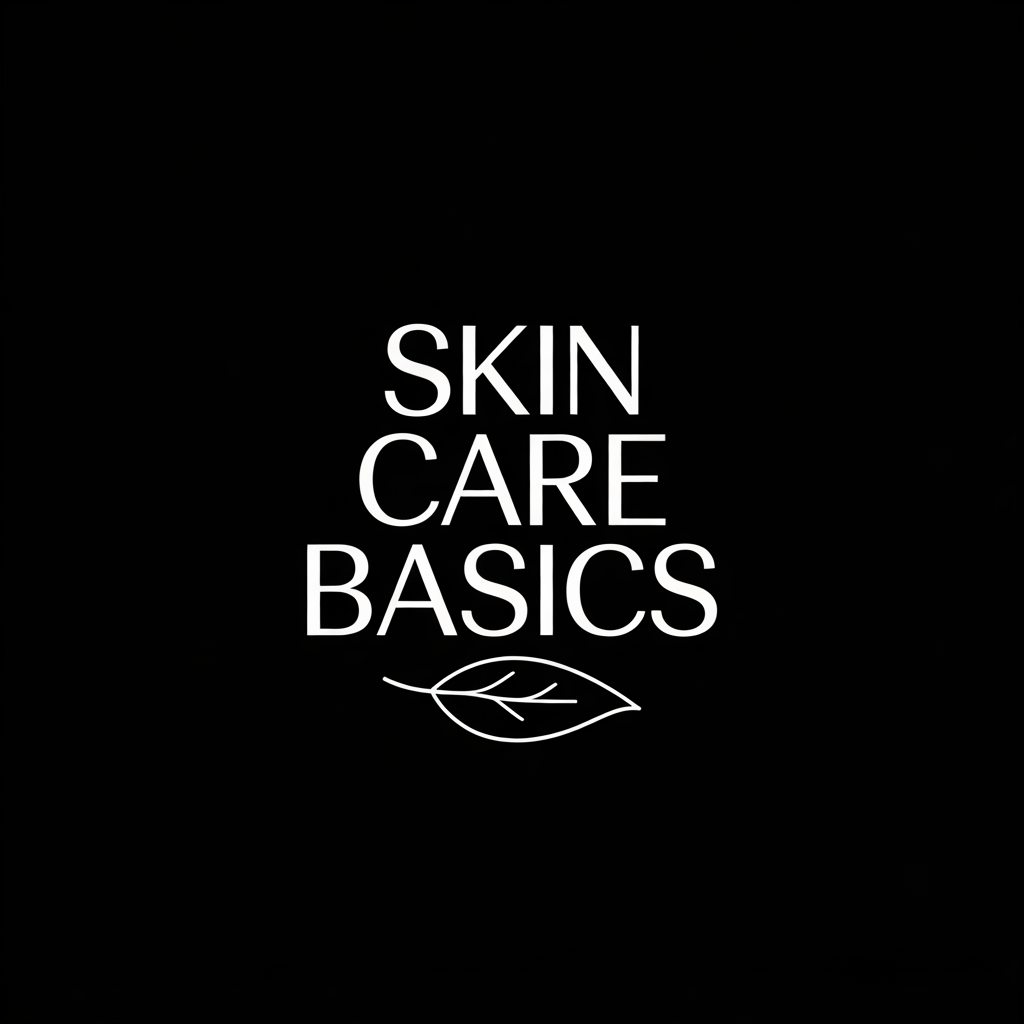How to Tell If Your Skin Barrier Is Damaged
You might not realize it, but your skin barrier plays a crucial role in overall skin health. If you’re experiencing persistent dryness, redness, or increased sensitivity, your barrier could be compromised. Observing changes in your skin’s texture or comfort is key, as even small shifts can indicate deeper issues. Understanding the symptoms and causes can help you address these concerns effectively. However, identifying what’s really happening often requires a closer look at your habits and environment.
Common Symptoms of Skin Barrier Damage
A damaged skin barrier can lead to several noticeable symptoms that you shouldn’t ignore.
You might experience persistent dryness, increased sensitivity, and redness. Flaking or peeling skin can also occur, along with a compromised ability to retain moisture.
Additionally, skin barrier damage can make you more susceptible to infections and irritants, further exacerbating discomfort and inflammation.
Recognizing these signs is crucial for effective skin care.
Causes of Skin Barrier Dysfunction
Although many factors contribute to skin barrier dysfunction, environmental stressors often play a significant role. Your skin can suffer from pollution, harsh weather, and allergens. These elements can weaken the protective barrier, leading to issues. Managing stress and skin health is crucial, as increased stress levels can exacerbate skin conditions.
| Environmental Factors | Effects on Skin Barrier |
|---|---|
| Pollution | Inflammation |
| UV Radiation | Premature Aging |
| Harsh Chemicals | Increased Sensitivity |
Recognizing these causes is vital for maintaining healthy skin.
How to Assess Your Skin Health
After understanding the environmental factors that can damage your skin barrier, it’s important to assess your overall skin health to determine if any issues are present.
Check for signs like redness, dryness, or flakiness. Notice any sensitivities to products or changes in texture.
Use a magnifying mirror to inspect for enlarged pores or blemishes, as these may indicate barrier impairment. Additionally, be aware that common skincare mistakes can exacerbate existing skin issues, making it crucial to identify any errors in your routine.
Importance of a Healthy Skin Barrier
Maintaining a healthy skin barrier is crucial for overall skin function and protection. It regulates moisture levels, keeping your skin hydrated and plump. A strong barrier prevents harmful pathogens and irritants from penetrating, reducing inflammation and allergic reactions. Additionally, a compromised skin barrier can lead to unexpected triggers of adult acne, exacerbating breakouts and skin issues.
Effective Remedies for Restoring Your Skin Barrier
When your skin barrier is compromised, it’s essential to implement effective remedies to restore its function and integrity.
Start by using gentle, hydrating cleansers and avoid harsh exfoliants. Incorporate occlusive agents like ceramides and glycerin to retain moisture.
Additionally, consider applying nourishing oils to enhance lipid content. Consistent hydration and targeted topical treatments can significantly improve your skin’s barrier function and resilience.
Preventive Measures for Skin Barrier Protection
A well-maintained skin barrier is crucial for overall skin health and protection against environmental stressors.
To prevent damage, you should hydrate your skin regularly, use gentle cleansers, and avoid harsh exfoliants.
Incorporate antioxidants and ceramides in your skincare routine to strengthen barrier function. Additionally, using products with hyaluronic acid can significantly enhance skin hydration and improve texture.
Lastly, protect your skin from UV rays with sunscreen daily to minimize environmental impact and maintain barrier integrity.

